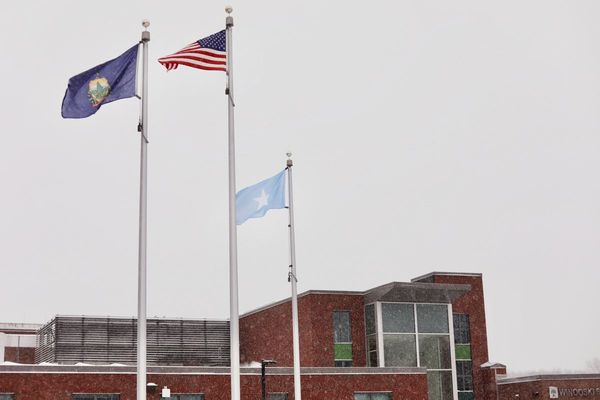
Two senior German ministers travelled to southern Turkey on Tuesday to visit areas hit by a devastating earthquake more than two weeks ago, to underscore Berlin's support for the victims and reconstruction efforts.
Germany, which is home to the largest Turkish diaspora in the world, has shipped more than 340 tonnes of aid, including tents, blankets and generators to help the survivors of a quake that killed over 47,000 people in Turkey and Syria.

It is also offering quick 90-day visas to the European Union's Schengen area for victims who want to visit family members in Germany. Berlin has organised buses to reach quake-hit areas staffed with people to help process applications, including from people whose passports were lost in the rubble.
Foreign Minister Annalena Baerbock and Interior Minister Nancy Faeser came "to make it clear to the people that our sympathy is not limited to words and will not diminish even if the catastrophe and its aftermath are pushed away by other headlines in the news", Baerbock said.
Surveying the devastation, Baerbock said she "can hardly put into words," how she felt. The ministers announced that the government would disburse another 50 million euros ($53 million)of aid to Turkey and Syria, bringing Germany's total contribution since the quake to 108 million euros.
A day before the ministers arrived, another quake had killed six people and injured hundreds on the Turkish-Syrian border. Touring the area of collapsed buildings, Baerbock said people were still on edge. As they arrived, the earth shook a little, she said, and people around her immediately fell silent in fear.
After visiting a tent city near Kahramanmaras, close to the epicentre of the quake, Faeser said it "just broke her heart".
The ministers spoke to German aid organisations as well as those affected by the quake in the town of Pazarcik, including a 16-old-boy who helped his little brother escape their destroyed house. No talks with Turkish government officials were planned, but the ministers said their governments were in close touch.
Baerbock said aid had been much slower to reach northern Syria, blaming President Bashar al-Assad for initially restricting such aid to rebel-held areas before opening two additional border checkpoints.
($1 = 0.9382 euros)
(Reporting by Alexander Ratz; Writing by Matthias Williams; Editing by Alex Richardson and Shounak Dasgupta)







